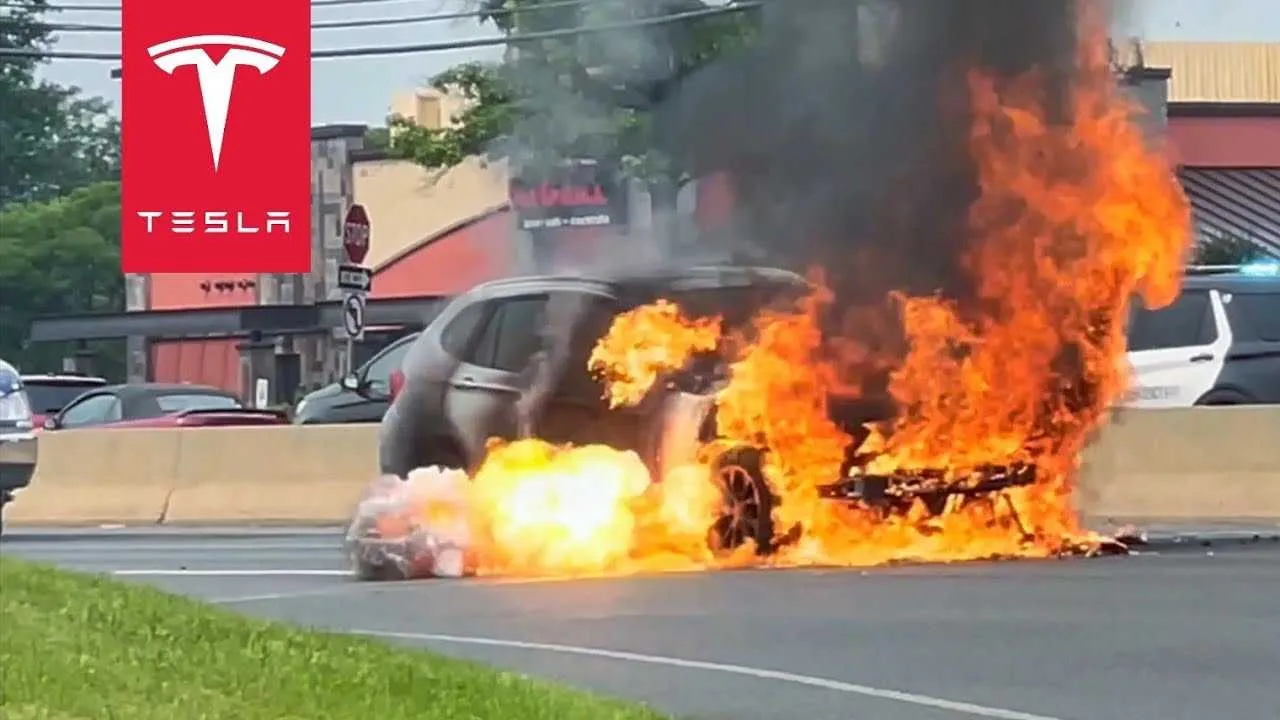Table of Contents
Quick history quiz: why did motor cars replace horses as a preferred mode of transport?
Was it because the government banned horses?
Was it because the government put a tax on the horse-shit which was polluting major cities?
Or was it because motor cars were simply better and, ultimately, cheaper?
We all know the answer. Henry Ford saw to it that the motor car, a much superior option, reached around the same price point as a horse and buggy. The result was natural.
Electric car manufacturers are simply unable to do what Ford did. So, they turn to the state to force people to buy their products.
One in four new cars bought by Australians could be electric as early as 2025 but governments should set a date for the end of petrol car sales to speed up the transition, energy experts recommend.
It must be borne in mind that these “experts” are very far from disinterested parties. All of them rely for their living on pushing the notion of an “energy transition” from fossil fuels.
The recommendations come from a group of experts set to appear at Energy Next, a two-day renewable energy event held in Sydney from July 18.
And they’re spruiking EVs as so great, that people have to be forced to buy them.
Australia also needs new policies to roll out vehicle chargers and put pressure on electric car prices, they say, and should recruit celebrities and sports stars to create the “biggest public mobilisation the nation has ever seen” […]
But Brett Milne from renewable energy firm Karit said the adoption of electric vehicles was still too slow and more states should introduce a deadline to ban the sale of petrol and diesel cars.
“To speed up this transition, Australia needs to ban the import of (internal combustion engine) vehicles as early as possible through emissions standards or other means and put in place incentives that equalise the cost of an EV with a similar standard ICE car,” he said.
By this he means, using other peoples’ money to subsidise EVs which cost more than a luxury petrol car.
These “experts” are also throwing around more deluded, fanciful figures than the average Extinction Rebellion loony.
EnergyLab chief executive Megan Fisher, who assists climate tech start-ups, said Australians were increasingly choosing electric vehicles even though they faced hurdles.
She predicted one in four new car sales would be electric in less than two years […]
But predictions among the group of 21 energy experts surveyed varied, with Wattwatchers spokesman Murray Hogwarth naming 2026 as the year Australia would see 25 per cent electric vehicle adoption but others, including EcoEnviro director Dr Richard Finlay-Jones and ACA Research senior account manager Amelia McVeigh not expecting the milestone until closer to 2030.
MSN
They’re all pissing on our legs and telling us it’s raining.
Current EV sales are less than 2% of new vehicle sales. More sober assessments, even at their most optimistic, project just 18% of sales by 2030.
And that’s with the government all but holding a gun to our heads and frog-marching us to buy an EV rather than a petrol car.
The cost of a horse in the 1900s was around US$150, a buggy around $115. The Model T was US$825. In less than two decades, the Model T dropped to $360, bringing it in line with the cost of a horse and buggy.
Nobody bought a Model T because Henry Ford persuaded Howard Taft to pass laws forcing Americans to buy his Tin Lizzie.









